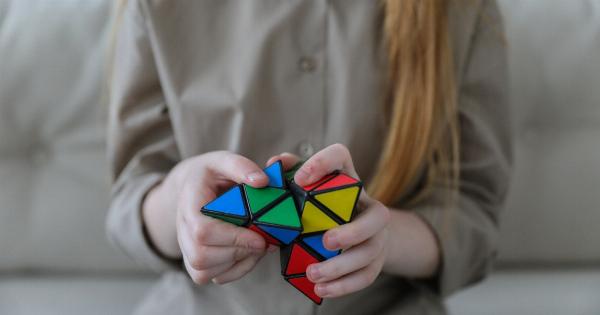Learning to play a musical instrument or mastering music theory can seem like a daunting task. However, with the right strategies and dedication, you can significantly speed up your learning process.
Whether you’re a beginner or an experienced musician looking to expand your repertoire, the following tips will help you make progress and achieve your musical goals faster.
1. Set Clear and Realistic Goals
Start by defining what you want to achieve with your music learning journey. Set clear and achievable goals that are specific and measurable.
For example, instead of saying, “I want to be a great pianist,” set a goal like, “I want to learn to play my favorite song on the piano within three months.” Break down your overall goal into smaller milestones, and monitor your progress along the way.
2. Create a Structured Practice Routine
Consistency is key when it comes to learning music. Design a structured practice routine that fits your schedule and stick to it.
Dedicate a specific amount of time each day to practice, whether it’s playing scales, learning new chords, or practicing sight-reading. Having a routine will help you develop discipline and ensure you make steady progress.
3. Start with the Basics
Building a solid foundation is crucial for learning any musical instrument or music theory. Start with the basics and master them before moving on to more advanced techniques.
Learn the fundamental music theory concepts, understand different scales and chords, and practice proper finger position and technique. By starting with a strong foundation, you’ll have a better understanding of the more complex aspects of music.
4. Practice with a Metronome
Rhythm is an essential element of music. Practicing with a metronome will help you develop a strong sense of timing and improve your overall musicality.
Start slowly and gradually increase the tempo as you become more comfortable with each piece or exercise. Practicing with a metronome will also enhance your ability to play in sync with other musicians, an essential skill for any collaborative musical endeavor.
5. Listen to a Variety of Music
Expose yourself to different genres and styles of music to broaden your musical horizons. Expand your repertoire by listening to classical, jazz, blues, rock, and various cultural music styles.
Analyze the different elements of each genre, such as rhythm, harmony, and melody, and try to incorporate these elements into your playing. Listening to a variety of music will help you develop versatility and creativity in your own musical expression.
6. Learn from Professionals
Take advantage of the wealth of resources available online and offline to learn from experienced musicians. Look for reputable music teachers, join music workshops or masterclasses, and participate in music camps or festivals.
Learning from professionals will provide you with valuable insights, feedback, and guidance that can significantly accelerate your learning process.
7. Record and Evaluate Your Practice Sessions
Recording your practice sessions and performances allows you to objectively assess your progress and identify areas for improvement. Listen back to your recordings and take note of any mistakes, weaknesses, or areas that need further attention.
This self-evaluation process will help you develop a critical ear and enhance your overall musicianship.
8. Find a Practice Accountability Partner
Learning music with a partner or in a group setting can be highly motivating and inspiring. Find a fellow musician who has similar goals or join a music group or ensemble.
By practicing together, you can hold each other accountable, offer support and feedback, and create a collaborative learning environment. Sharing your musical journey with others will make the process more enjoyable and fruitful.
9. Embrace a Growth Mindset
Approach your music learning journey with a growth mindset. Understand that progress may not always come easily or quickly, but with consistent effort and a positive attitude, you can overcome challenges and improve over time.
Embrace mistakes as learning opportunities and view setbacks as stepping stones to success. Cultivating a growth mindset will help you stay motivated and resilient throughout your musical journey.
10. Enjoy the Process
Above all, remember to enjoy the process of learning music. Music is meant to be a form of expression and enjoyment. While setting goals and making progress is important, don’t forget to have fun and savor the musical experience.
Celebrate small victories, explore different musical styles, and share your passion with others. The more you enjoy the journey, the more motivated and committed you’ll be to become a proficient musician.



























